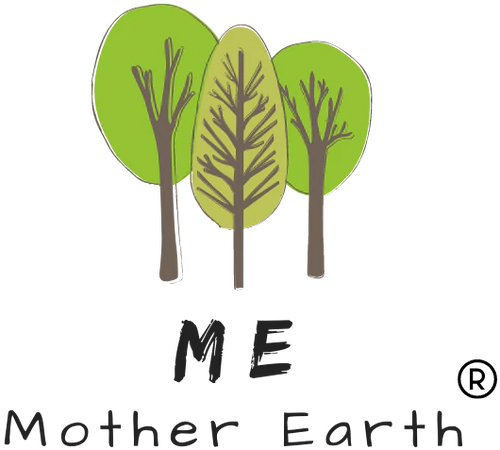Wasn’t it quite a disgusting revelation that most of the world had no idea how to properly wash their hands? Ok, a pandemic may be a huge learning opportunity for science, but really, regular humans required re-education on hand hygiene? Apparently. Cannot even with all the grossness that is humanity. I haven’t had so much as a sniffle since I started considering the people around me as hazardous material. Never going to eat cake again that some bozo has blown germs on, but I digress.
Soap has been the great conqueror of gunk for a good chunk of homo sapien history; recipes have been found dating back 5000 years, in multiple civilizations from Mesopotamia to Rome. The prevailing guess is it was originally a lucky byproduct of a barbecue - when animal fat dripped down into the ash of the fire and magically became something else. Fat reacts with the highly alkaline lye common in ash and a miracle called saponification creates a slippery goo that lifts dirt and grease, and bacteria and viruses, so they can be rinsed away. Who says magic isn’t real.

For generations folks made their own soap from the rendered fat of their own livestock and used it to clean anything that was… you know, not. With industrialization and more folks living the urban lifestyle came the opportunity for commodification, and it was a prime time to get out of the candle making business so William Proctor and his partner, James Gamble, took a leap from lighting to cleaning products and went on to make a whole lotta money, starting with Ivory soap. Clever boys were already set up with the tallow from the slaughterhouses so they pimped it as “pure” because it would float (a little extra air stirred into the goo.) They needed that marketing because there was another option, Castile soap.
You thought this was just a history lesson, didn’t you? Here’s where we go all green and vegan and eco-friendly on you. Castile soap is believed to have originated in medieval Spain where there was more olive oil available than dead cows. Today Castile soap pretty much refers to any soap made with vegetable oils instead of animal fats (check off the “no animals were harmed” box.) There are no by products from making this soap making it super eco-friendly. And you can use it for virtually all your cleaning. All. Of. It.
Soap was it - animal or veggie - until the early 20th century when synthetic “detergents” arrived on the scene. Early versions used enzymes to pull dirt and stains out but of course chemistry has added brighteners, water softeners, and antibacterials to the mix. Now almost all cleansing products - from clothes to your body wash are more detergents than soap. Let’s not ignore the input of capitalism into this conversation. From a “profit” perspective it’s far more lucrative to have you buy a spray cleanser for your kitchen, another for your dishes, a different one for your dishwasher, then your clothes, another for your bathroom, your toilet, face, body, hair, and hands. But in the end it’s all soap. With extra stuff in it. Mostly chemical stuff.

I mentioned that simple Castile soap can be used for nearly all your cleaning. So if you want the skinny on how to save money while saving Mother Earth by cutting down on the detergents you use, wait for the next installment. It’s a mind blower.

